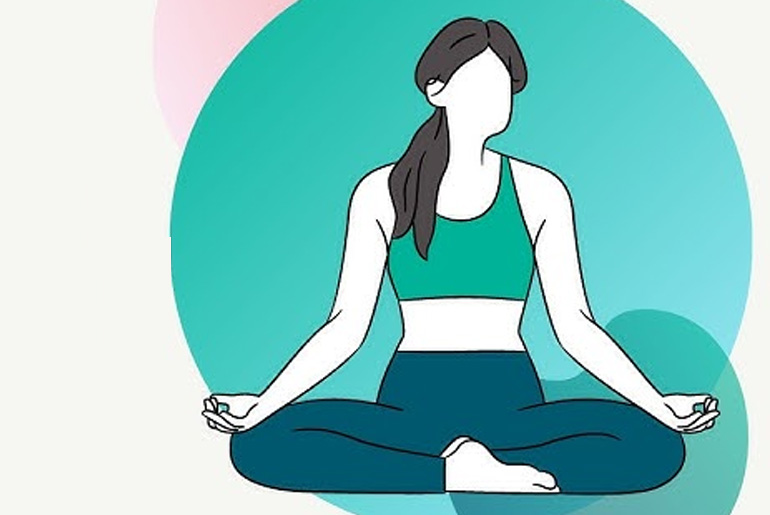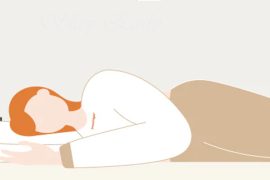Mindfulness, self-care, and awareness are all components of mental calmness. To avoid brain clutter, start by separating your thoughts into what really matters and identifying your distractions. To better understand emotional triggers, learn to trace back your thoughts and become friends with your inner anxieties instead of fighting them. To stay grounded in the here and now, practice deep, steady breathing and accept isolation as a precious place for inner clarity that gives your mind space to focus and breathe.
Make sure you get enough good sleep, which is essential for mental recovery. Instead of getting caught up in your thoughts, become a witness to them. You should also often assess who you are to make sure you are still in line with your basic beliefs. When combined, these methods promote emotional equilibrium, lessen worry, and cultivate a calmer, more concentrated mind.
1. Segregate Your Thoughts
Separate your thoughts into categories — essential, non-essential, emotional, practical. This mental organization helps reduce overwhelm. Just like decluttering a messy room, categorizing your thoughts brings clarity and calms mental chaos. Write them down if needed to externalize and simplify the mental load.
2. Know Your Distractors
Identify the things that regularly pull your attention away — social media, negative self-talk, or multitasking. Being aware of these triggers allows you to consciously avoid or manage them. Eliminating or reducing these distractions gives your mind space to focus and breathe.
3. Fraternize Your Foes
Instead of resisting stressful thoughts or negative emotions, approach them with curiosity. Understand their root cause. Befriending your mental “enemies” (like fear, guilt, or anxiety) reduces their power over you and helps you grow emotionally resilient.
4. Trace Back Your Thoughts
When your mind feels anxious or overwhelmed, trace the thought back to its origin. What triggered this spiral? Often, what appears to be a major worry stems from a small fear or insecurity. Uncovering the starting point helps you gain control and reduce anxiety.
5. Solitude is Sacrosanct
Spending time alone helps you reconnect with your inner self. Solitude fosters reflection, emotional balance, and inner peace. Unlike isolation, intentional solitude is therapeutic — a sacred pause that allows the mind to reset and recharge.
6. Breathe Deeply and Slowly
Deep, slow breathing activates the parasympathetic nervous system — your body’s natural relaxation response. It lowers stress hormones, stabilizes heart rate, and sends a message to your mind: “You are safe.” Practicing this for even a few minutes can bring immediate calm.
7. Sleep Holds a Secret
Sleep is not just physical rest; it’s mental cleansing. During deep sleep, your brain processes emotions, files memories, and detoxifies. Lack of sleep magnifies stress and confusion. Prioritize quality sleep as a non-negotiable part of mental wellness.
8. Be a Witness
Practice observing your thoughts without judging or reacting. This is the essence of mindfulness. When you learn to simply watch your thoughts come and go, without identifying with them, you create a peaceful gap between yourself and your mental chatter.
9. Check Your Identity
Much of our stress stems from the stories we tell ourselves — “I must be perfect,” “I’m a failure,” etc. These identity-based thoughts create pressure. Question them: Are they true? Who would you be without that belief? Loosening your attachment to identity helps you relax into being.
10. Practice Acceptance
Though not listed in your original points, a core theme underlying these tips is acceptance — of yourself, your circumstances, and your thoughts. Letting go of the need to control everything brings inner peace and flexibility.
Disclaimer:
The information contained in this article is for educational and informational purposes only and is not intended as a health advice. We would ask you to consult a qualified professional or medical expert to gain additional knowledge before you choose to consume any product or perform any exercise.






